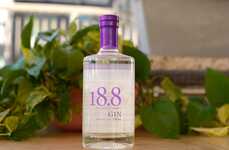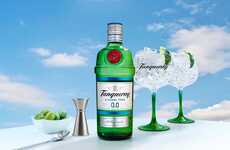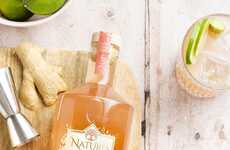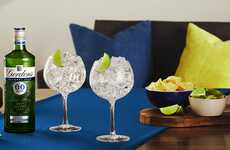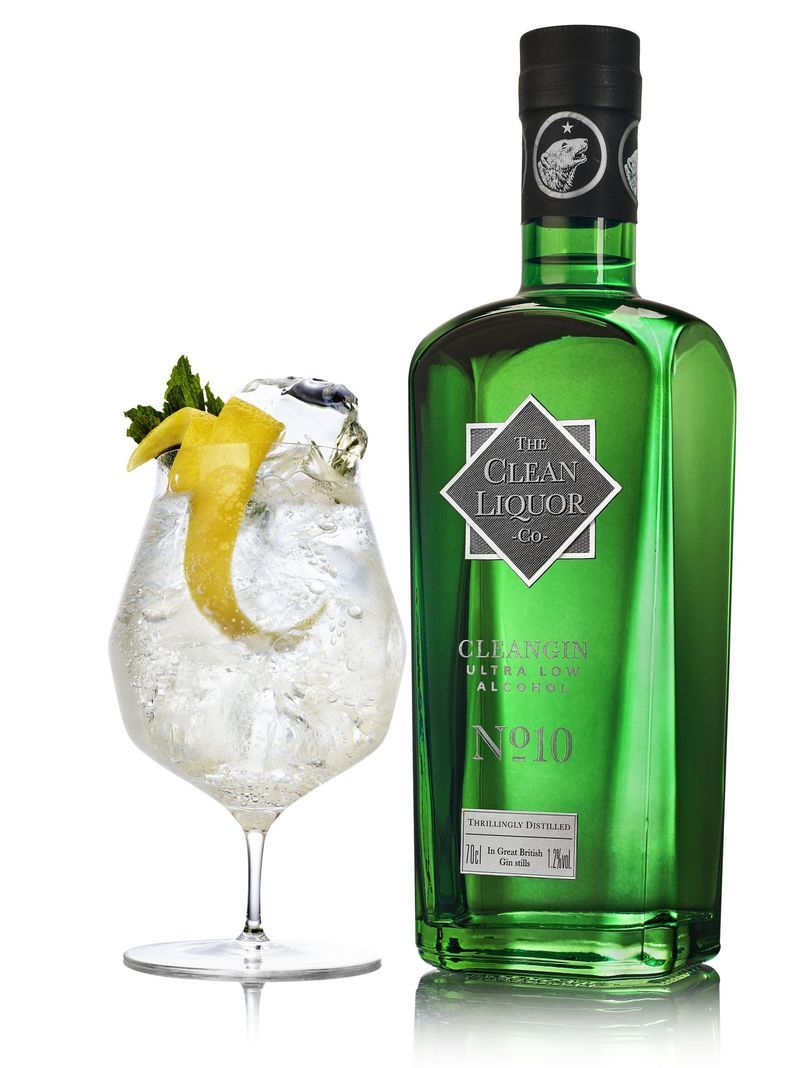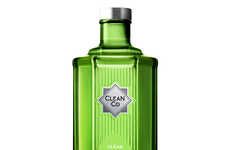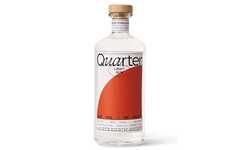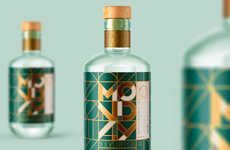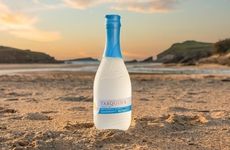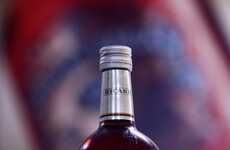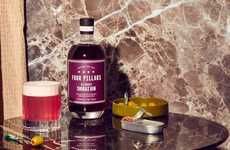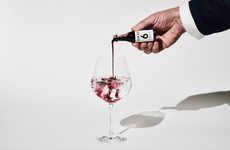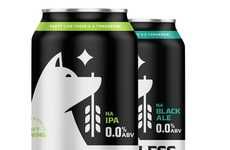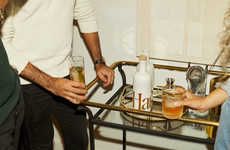
The Clean Liquor Company's 'Clean Gin' is Bottled at 1.2% ABV
Laura McQuarrie — November 18, 2019 — Lifestyle
References: cleanliquor & thespiritsbusiness
The Clean Liquor Company recently released its debut product, Clean Gin, as an extremely low-alcohol replacement for gin that boasts just two calories per each 25-milliliter serving. Clean Gin is bottled at 1.2% ABV and is prepared with classic botanicals like juniper, as well as orris root, ground cardamom, coriander seeds, angelica root, lemon zest, peppermint oil, ginger oil and cinnamon.
The product was created to offer a unique choice for those who are sober curious and wary of the many sugary and unhealthy options on the market. According to founder Spencer Matthews, "By including 1.2% ABV, we are able to capture all the character and taste of a great London Dry gin, so people can enjoy the occasion without any of the negative effects that go with alcohol; something many other brands can’t do."
Image Credit: The Clean Liquor Company
The product was created to offer a unique choice for those who are sober curious and wary of the many sugary and unhealthy options on the market. According to founder Spencer Matthews, "By including 1.2% ABV, we are able to capture all the character and taste of a great London Dry gin, so people can enjoy the occasion without any of the negative effects that go with alcohol; something many other brands can’t do."
Image Credit: The Clean Liquor Company
Trend Themes
1. Low-alcohol Alternatives - Innovative new products like Clean Gin are creating a new market for low-alcohol beverage options.
2. Sober Curiosity - The growing trend of sober curiosity is driving demand for healthier drink options that mimic the flavor of traditional alcoholic beverages.
3. Functional Beverages - Low-alcohol gin alternatives are part of a larger trend towards functional, health-focused beverages that offer a unique and rewarding drinking experience.
Industry Implications
1. Alcoholic Beverages - Innovations in the low-alcohol gin market are creating opportunities for brands to appeal to health-conscious consumers without sacrificing flavor.
2. Non-alcoholic Beverages - The low-alcohol gin trend also presents opportunities for non-alcoholic beverage brands to tap into new markets and offer healthier, alcohol-free options.
3. Health and Wellness - The rise of low-alcohol gin alternatives is indicative of a larger trend towards health and wellness, creating opportunities for brands focused on this market to create innovative products and services.
3.7
Score
Popularity
Activity
Freshness


